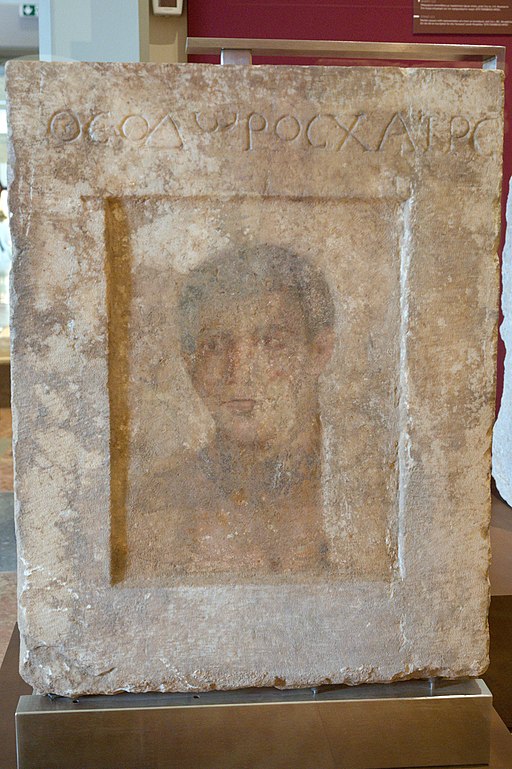What is Encaustic?
Encaustic painting, also known as hot wax painting, is a form of painting that involves a heated wax medium to which colored pigments have been added. The molten mix is applied to a surface-usually prepared wood, though other materials are sometimes used.
The simplest encaustic medium could be made by adding pigments to wax, though recipes most commonly consist of beeswax and damar resin potentially with other ingredients. For pigmentation, dried powdered pigments can be used, though some use pigmented wax, inks, oil paints or other forms of pigmentation.[1]
How to Care for Your Encaustic Artwork
Temperature
The biggest question I get is “Do I have to worry about my artwork melting?” To which I answer.. if your artwork is melting you have bigger worries because your house is on fire. I’m sure I got that from someone else.. somewhere.
Wax is stable at 40-120°F. It can soften on hot days but not cause damage. Be sure not to touch the wax if it is under hot conditions. Hanging in an even temperature environment is best. It may also be good practice if a painting is shipped to you to allow the work to become temperature stabilized prior to touching it just in case it was heated in transit.
Keep out of direct sunlight and do not glass the artwork. I have ruined pieces behind a window in a hot car during transport.
Maintenance
Encaustic paintings can be buffed to a high gloss shine depending on the media used with it. When the painting is at room temperature or cooler and free of dust, take a soft lint-free cloth and buff the painting in small circles. I like use nylon stockings.
Do not buff the painting if it is over 75°F and do not buff hard. When shiny, it sheds dust and dirt much easier.
Framing
Floater frames work well and protect the edges but you do not have to frame. Most artists will paint the sides or have them clean and ready to hang.
Transporting / Shipping
If you must cover do so with glassine or parchment paper. Do not put pressure on the surface and do not bubble wrap the surface as it could create texture.
For shipping create a painting “tomb” where nothing touches the surface (with foam core or the like) and secure the tomb inside another box. You’re looking to protect against anything touching the surface, jostling of the package and extreme temperatures.
History Of Encaustic
The word encaustic originates from Ancient Greek: ἐγκαυστικός, which means “burning in”, from ἐν en, “in” and καίειν kaiein, “to burn”, and this element of heat is necessary for a painting to be called encaustic.
The oldest surviving encaustic panel paintings are the Romano-Egyptian Fayum mummy portraits from Egypt, around 100–300 AD,[5] but was a very common technique in ancient Greek and Roman painting. It continued to be used in early Byzantine icons but was effectively abandoned in the Western Church.
Image Reference:
Grave stele with a male portrait. Thebes, Trikalitis plot, Hellenistic period and subsequently in the 1st century BC. Possibaly used by members of the same family. Preserved on one side, in a ship, is a male portrait and the inscription “Theodoros Farewell” (ΘΕΟΔΩΡΟC ΧΑΙΡΕ). On the other side without representation, the inscription “Theodoros Worthy” (ΘΕΟΔΩΡΟC ΧΡΗΣΤΟC). Archaeological Museum of Thebes. Click on image for more information.




